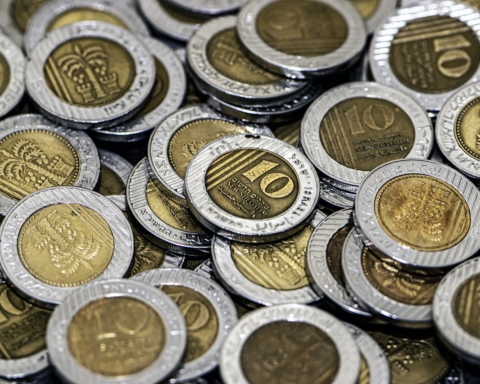A report released last Sunday by the Environmental Protection Agency shows that Israel spent NIS 31 billion on external costs of pollution in 2018. External costs are the financially valued sum of negative effects polluted emissions have on human health and the environment. The majority of costs were the result of transportation, which made up 38% of external costs. Power plants made up 30%, and industry made up 16%.
While the numbers in 2019 and 2020 slightly decreased to NIS 30 billion, Tamar Zandberg, Minister of the Environment Protection Ministry, has set a goal with a “target for renewable energies should be raised to 40% by 2030, and to reach zero polluting emissions by 2050. This is an ambitious and achievable goal that will save the Israeli economy billions a year.”

Zandberg continued to share that “the report presents a frightening picture, and for the first time there is a price tag in shekels for polluting emissions. The conclusion is that the war on the climate crisis is at the core of Israel’s national and economic resilience and should serve the government, planning institutions, commercial companies, and environmental organizations when it comes to assessing the broader picture of the effects of air pollution and greenhouse gases on us.”
Working with Transportation Minister Merav Michaeli, the government will aim to switch to pollutant-free buses by 2025, and by 2030, only allow zero-emission cars to be imported. Their intention is to incentivize people to use private cars less and more public transportation.
Michaeli says that “Transportation shapes our lives and our environment. Therefore, it is of utmost importance that all transportation planning be done so that we create a pleasant environment, an environment that promotes equality, a clean environment, and clear air.”








